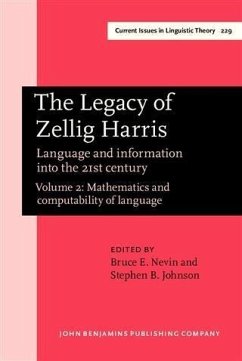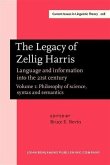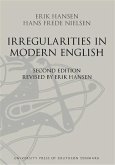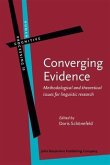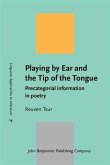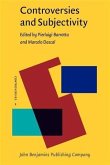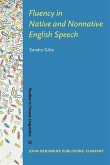Zellig Harris had a profound influence in formal systems and applied mathematics, in demonstrations of the computability of language, and in informatics. Volume 2 begins with a commentary by Andre Lentin on Harris's grounding in constructivist, intuitionist mathematics, drawing a parallel between Harris's central insights and those of Godel and others which were of like import in the foundations of mathematics. An international array of scholars describe further developments and relate this work to that of others. Fernando Pereira argues that Harrisian 'linguistic information' can effect a reunion of linguistics with information theory that has not been considered possible since Chomsky's declaration of irrelevance in 1957. Chapters by Richard Oehrle and by Terence Langendoen develop two novel formal systems with intriguing properties. Chapters by Naomi Sager and Ngo Thanh Nhan, by Aravind Joshi, and by Stephen Johnson describe the history of work on the computability of language and project exciting prospects ahead. Karel van den Eynde and colleagues describe use of distributional methods, refined beyond those of Harris, to develop comprehensive computer dictionaries for several languages. The chapter by Benoit Habert and Pierre Zweigenbaum surveys the field of automatic acquisition of information categories, and that by Richard Kittredge surveys work on text generation. Richard Smaby shows how distributional analysis can even inform design of computer user interfaces.
Dieser Download kann aus rechtlichen Gründen nur mit Rechnungsadresse in A, B, BG, CY, CZ, D, DK, EW, E, FIN, F, GR, HR, H, IRL, I, LT, L, LR, M, NL, PL, P, R, S, SLO, SK ausgeliefert werden.

